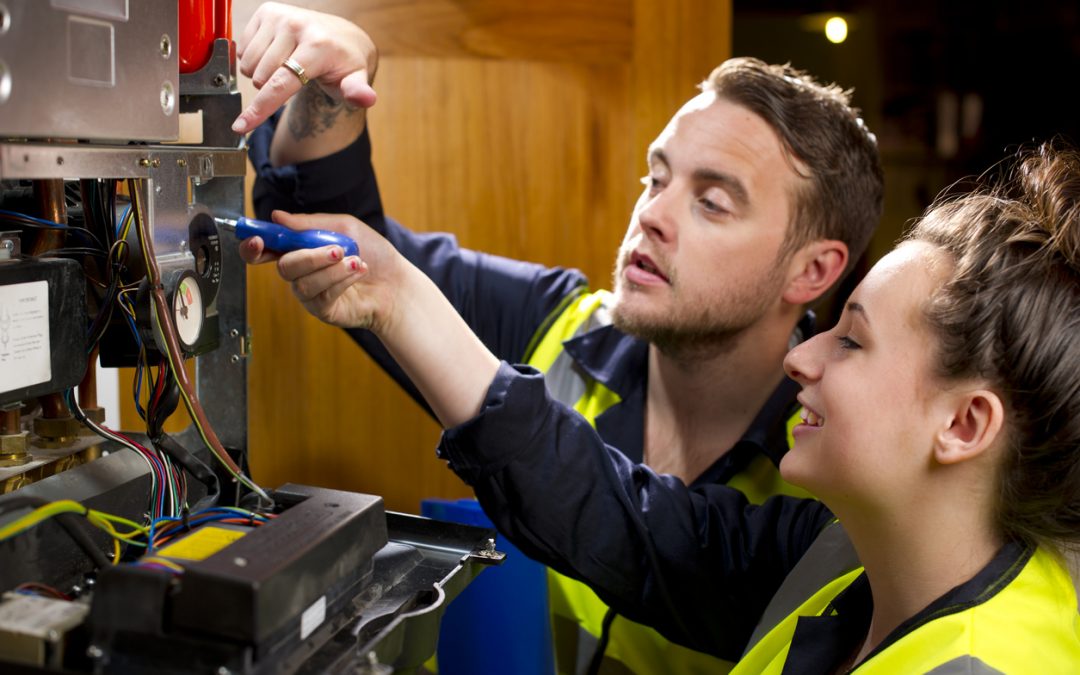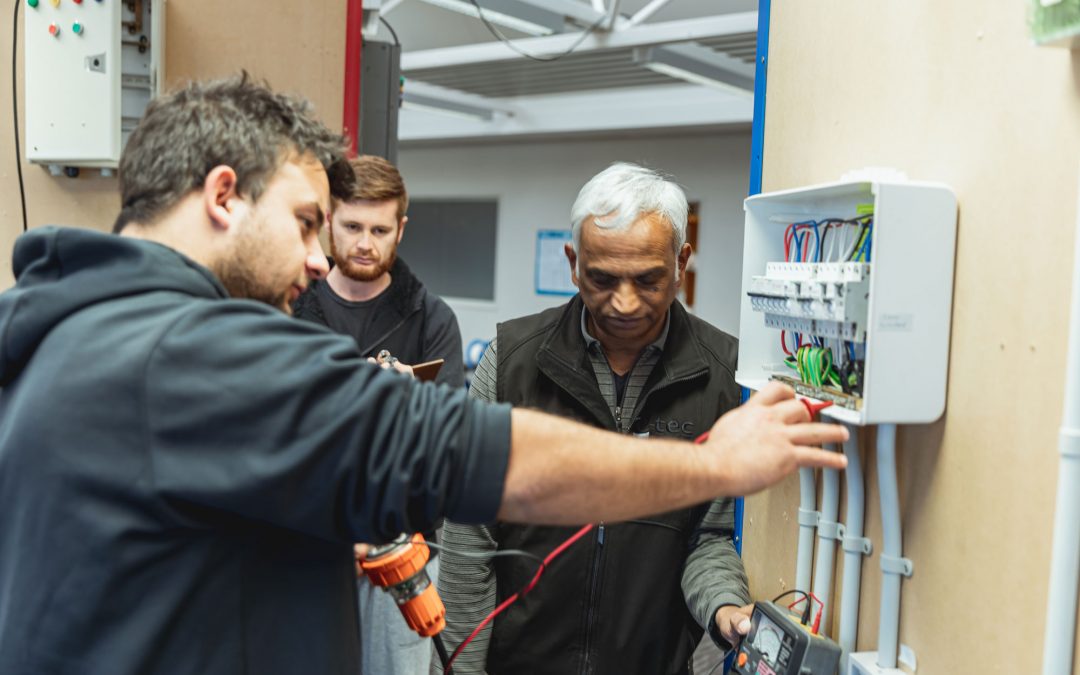
Who can be an electrical supervisor – Common FAQ
Who can be an electrical supervisor – Common FAQ
Here at E-tec we get a lot of enquiries about who can be an electrical supervisor, what their responsibilities are and what training is required, if any at all. As a result, we’ve pulled together a hand list for frequently asked questions to help you get the answers you need.
The Definition of a Supervisor
According to the Electrical Workers Registration Board (EWRB), “Supervision, in relation to any work, means that the work is undertaken under such control and direction of a person authorised under this Act to do the work [or, in the case of section 76, a person authorised to supervise work under that section] as is sufficient to ensure—
- That the work is performed competently; and
- That while the work is being undertaken, appropriate safety measures are adopted; and
- That the completed work complies with the requirements of any regulations made under section 169 of this Act.”
Source: ewrb.govt.nz
Does an electrical supervisor have to be working for the same company as the trainee?
No, the supervisor does not have to be from the same company of the trainee. However, before a trainee nominates a supervisor outside of his/her company, the nominated supervisor must ensure that they understand what the responsibilities are. This information can be found on the EWRB website.
Does a supervisor need to have at least 3 years of experience in the industry?
No, this is no longer an EWRB requirement. Any registered person holding a current practicing license can be a supervisor.
Who can be my supervisor if I am self-employed?
This person may be a staff member, a contractor, or any other professional relationship you have, as long as the requirements of the supervision Guidelines of the EWRB are being followed. For more details take a look at the Supervision for Trainees Holding a Limited Certificate on the EWRB website.
Does a supervisor have to hold a practising license of the same level as the one the trainee is applying for?
Yes, the supervisor must hold an equivalent or higher license. For example, if a trainee is applying for an EASQ license, the supervisor can be an EST, Electrical Installer, Electrician, or Inspector. However, a supervisor holding an EAS license cannot supervise a trainee applying for an EASQ.
Does a supervisor need to be an accredited assessor?
The term supervisor in this capacity means a “Supervisor of Electrical Work.” This means they do not have to be a 4098 Unit standard assessor and they do not have to have any other assessor accreditations. The EWRB Registration and current practicing license are the only requirements of the EWRB.
What are the responsibilities of a supervisor?
The supervisor is responsible for ensuring that the trainee is appropriately supervised at all times by someone who is authorised to perform supervision (normally a registered person), according to the requirements of their workplace and industry. The supervisor and the person who takes on the supervision of the trainee (the delegated supervisor) must know and understand the EWRB guidelines.
The supervisor must ensure that:
- the work is performed competently; and while the work is being undertaken that appropriate safety measures are adopted; and that the completed work complies with the requirements of any regulations made under section 169 of this Act.
- the trainee has adequate hazard management skills for the worksite and is not exposed to any hazards they are not able to manage.
This means the supervisor must be familiar with the work the trainee is doing and be available to oversee and provide training and support as required. They must also be able to test and perform any required certification of any work performed by the trainee.
What work must be supervised?
Ordinarily supervisors are not expected to sight and direct every aspect of the electrical worker’s work. However, a supervisor should be actively and frequently involved with the electrical worker and their work. The supervisor is required to exercise judgement, so that the level of supervision is suitable in each case.
What are the responsibilities of a trainee?
The trainee must:
- Know his/her limitations.
- Ensure their own safety.
- Use any issued PPE and check it before use.
- Seek advice from their supervisor if unsure or need help.
- Follow the directions of their supervisor.
Does a supervisor have to write a letter for the EWRB at the end of the trainee’s apprenticeship?
Yes, on completion of the apprenticeship, the employer (along with the supervisor nominated) or the supervisor will be required to confirm the following to the EWRB:
- that the required period of time has been completed.
- that the work experience the trainee received meets the supervisor’s satisfaction.
- that the trainee, once registered, would be able to undertake the work permitted of a registered person.
Where can I get more information?
The EWRB clearly lays out everything supervisors or prospective supervisors need to know on their website. Just visit https://www.ewrb.govt.nz/for-registered-electrical-workers/supervision/









